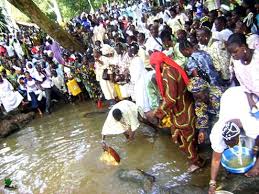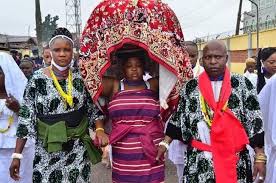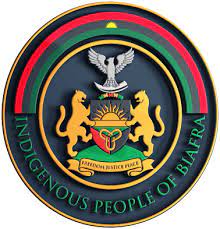The Osun-Osogbo Festival is a centuries-old cultural and spiritual celebration held annually in Osogbo, the capital of Osun State, Nigeria. This festival, deeply rooted in Yoruba tradition, honors Osun, the goddess of fertility, love, and prosperity, and serves as a vital link between the past and the present.
The origins of the festival date back to the founding of Osogbo in the 14th century by the great hunter and leader, Larooye Gbadewolu, alongside his close associate, Timehin, a powerful herbalist. According to oral tradition, early settlers faced severe drought and other hardships until they encountered the Osun River deity. The goddess, speaking through the river, assured them of protection and prosperity if they honored her with an annual festival. This sacred pact laid the foundation for the festival that has persisted for over 700 years.
One of the key figures in modernizing the festival was Austrian-born artist and priestess, Susanne Wenger, also known as Adunni Olorisha. In the 1950s, she played a critical role in preserving the sacred Osun-Osogbo Grove, restoring its shrines, and revitalizing the festival’s spiritual and artistic elements. Thanks to her efforts, the grove was declared a UNESCO World Heritage Site in 2005.

The festival, which lasts for two weeks, features various traditional rites, processions, and sacrifices. The most symbolic ritual is the Arugba Procession, in which a virgin girl, chosen from the royal family, carries sacrificial offerings to the Osun River. Guided by the Ataoja (king of Osogbo) and priests, this act is believed to renew the community’s spiritual connection with the goddess. Notably, past Ataojas, including Oba Samuel Oyetona Olanipekun Larooye II (who ruled from 1944 to 1976) and Oba Iyiola Oyewale Matanmi III (1976–2010), played significant roles in maintaining the festival’s traditions.
Historical accounts include statements from local chiefs and worshippers, such as Chief Ifayemi Elebuibon, a renowned Ifa priest, who has often emphasized the festival’s significance: “The Osun-Osogbo Festival is not just a celebration; it is a reaffirmation of our covenant with Osun, a time to seek blessings, fertility, and peace for our land.”
Beyond its spiritual essence, the Osun-Osogbo Festival attracts thousands of tourists, boosting the local economy and preserving Yoruba cultural heritage. The festival remains a testament to the resilience of indigenous traditions in the face of modern influences.
Are you planning to experience the magic of the Osun-Osogbo Festival? Join the celebration and witness the beauty of Yoruba spirituality and culture firsthand!





